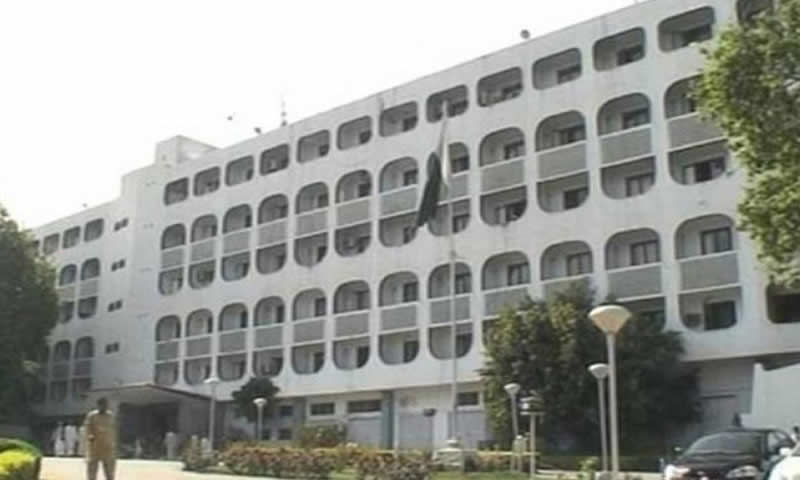Following Pakistan’s exit from the Financial Action Task Force’s (FATF) grey list, a global body of banking supervisory authorities has acknowledged the progress made by the country in the overall regulation of the financial affairs slightly lowering the risk score of the country.
However, experts believe that the recently-released Basel AML [anti-money laundering] Index briefing on Pakistan would hardly benefit the country’s overall economy amid larger challenges which have “overshadowed” the progress it’s making on the regulatory front.
“Pakistan’s overall ML/TF [money laundering and terrorist financing] risk score in the Basel AML Index (Public Edition) is 6.16. This places it in the medium-risk category compared to other global jurisdictions. In the latest update of the Expert Edition, which is updated quarterly with the latest data, the risk score is slightly lower at 6.11,” said the Basel AML Index briefing on Pakistan.
Pakistan went through four follow-up reports between 2018-2022 and improved its performance in technical compliance from 41pc to 72pc. Currently, Pakistan is evaluated as being “largely compliant” with most of the FATF’s 40 recommendations. Only in R15 (new technologies) and R38 (mutual legal assistance: freezing and confiscation) is Pakistan only “partially compliant”.
“Over the years Pakistan’s regulatory regime has become stricter in line with global best practices. Though many risks are still there, we have seen good progress on AML and related matters,” said Mohammed Sohail of Topline Securities.
“It sounds good in the sense that it acknowledges the efforts made for FATF compliance,” said Sana Tawfik of Arif Habib Ltd. “But I don’t think it carries any significance amid so other noise linked with our political instability or our rating by international credit agencies. Though it shows our risk score slightly lower in the latest review, I don’t think it would lead to any improvement in any of our economy’s sectors.”
“Although we have improved over the years, we are far behind in global rankings,” said Haris Ali, an IT professional offering technology-based FATF-compliant services to business organizations.













